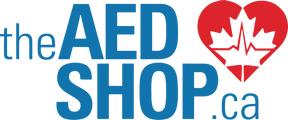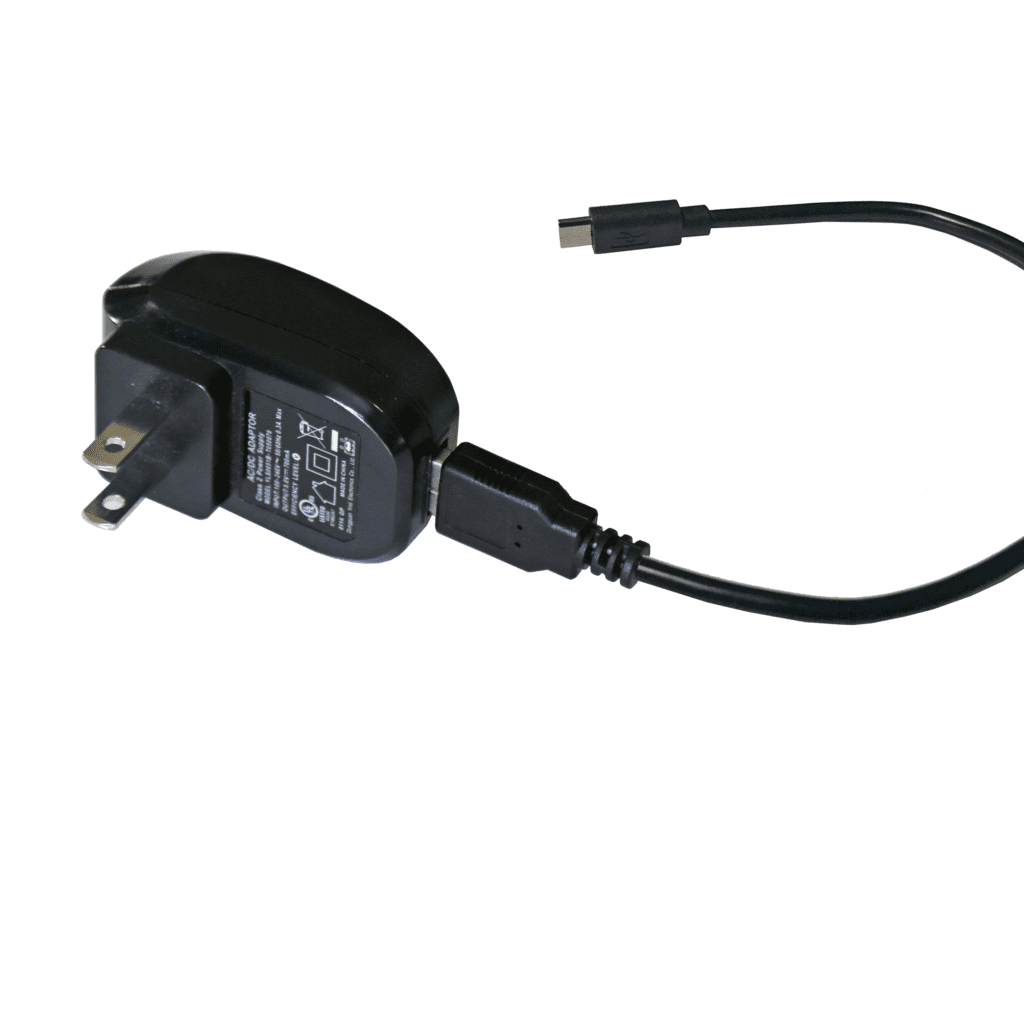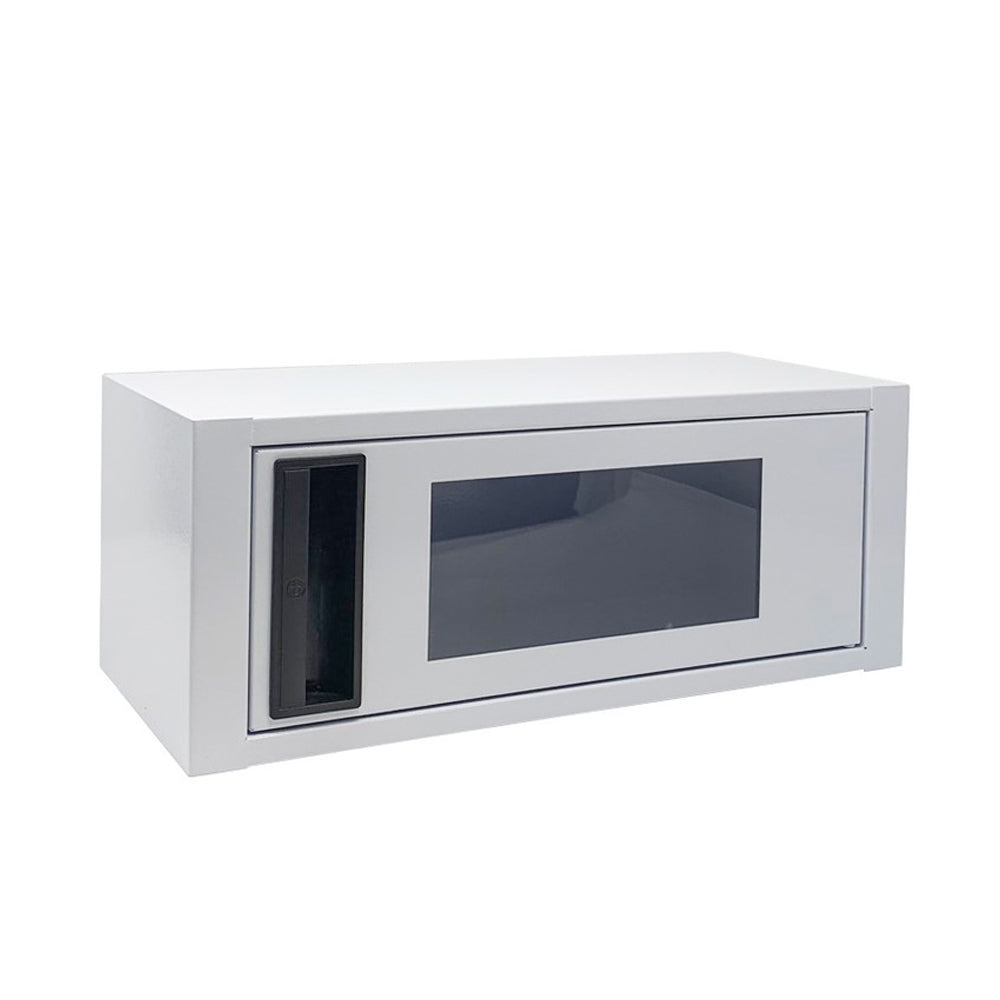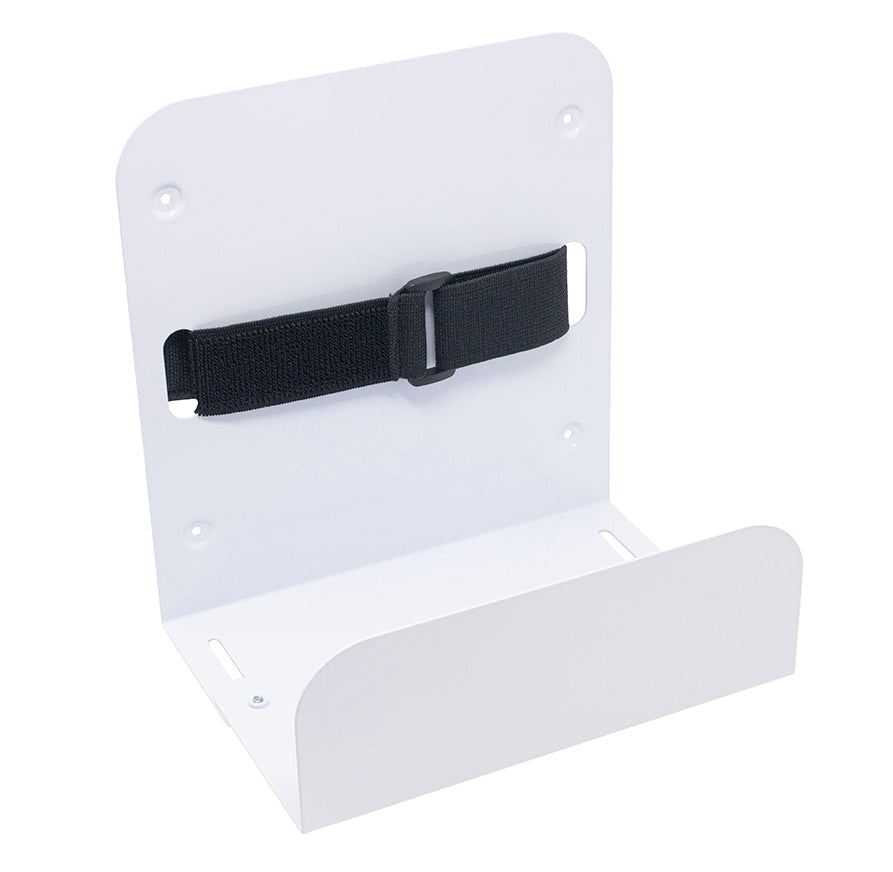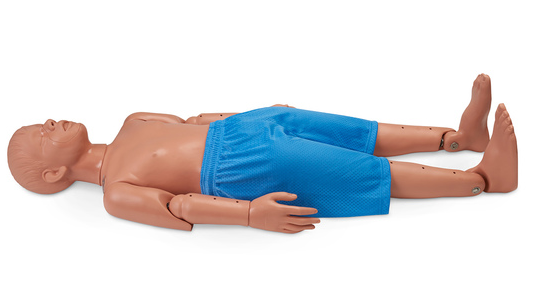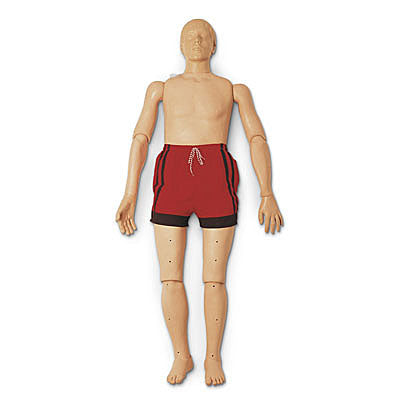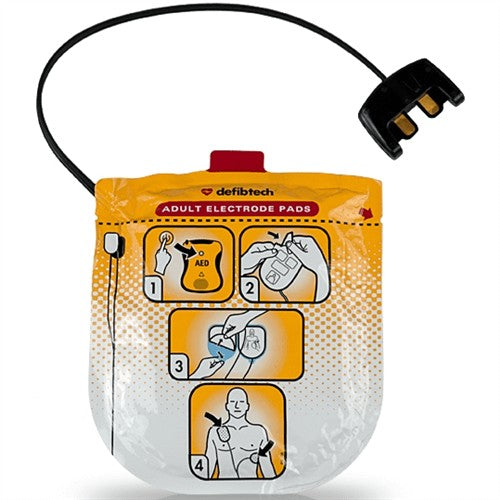STEVENSVILLE, Md. - There is a push for boaters to have AEDs aboard.
After Damar Hamlin's cardiac arrest during an NFL game, organizations are increasingly urging AEDs available in schools, sport fields and now for boaters.
Automated External Defibrillators or AEDs are used when a person is experiencing cardiac arrest. It administers an electric shock to help their heart re-establish rhythm.
Captain Alan Karpas is with the Chesapeake Area Professional Captains Association and the Safety Institute of Maryland says AEDs are critical aboard a boat.
"AED's are just part of the CPR recovery for cardiac arrest. You need to have both an AED and training of CPR to be effective in saving somebody's life," says Karpas. He added, "If you don’t have an AED and you don’t have CPR training, and If you have somebody that goes into cardiac arrest on your boat, there’s just no way to save them. So it’s really-really critical that both professional and recreational boaters learn CPR and hopefully have an AED readily available.
Karpas says the organizations have been pushing for AEDs available on boats, but it's even more an urge after Hamlin's' accident.
AEDs can be located anywhere on the boat as long as they are readily available.
However, the defibrillator can be expensive. They can be around $1500-$2000. But Karpas says the Safety Institute of Maryland provides discounts to boaters who buy an AED.
Some of those who either captain a boat or work on a boat say they would consider buying one.
Captain of the Marylander, Jason Seman says, "we would be welcome to it, and it would be great for us to have some kind of funding towards that because we're on the water every day so whether it's on our boat, hopefully not or whether were able to assist someone else on another boat would be happy to do that."
Tucker Ruth, the yard manager and charter boat mate at Kentmorr Marina says he can see how it would be a good idea for commercial boaters.
Ruth says, "I can see the need for bigger commercial boats to have them on there just because you have more people which means a bigger chance for an emergency to happen. But for recreational people, I don't think it would be that big of a deal for them to have them because the Coast Guard or DNR could be there in a second."
The Safety Institute of Maryland provides CPR at various times and locations.
CAPCA provides classes twice a year for recreational and commercial boaters.
Urging for more safety on the water.
